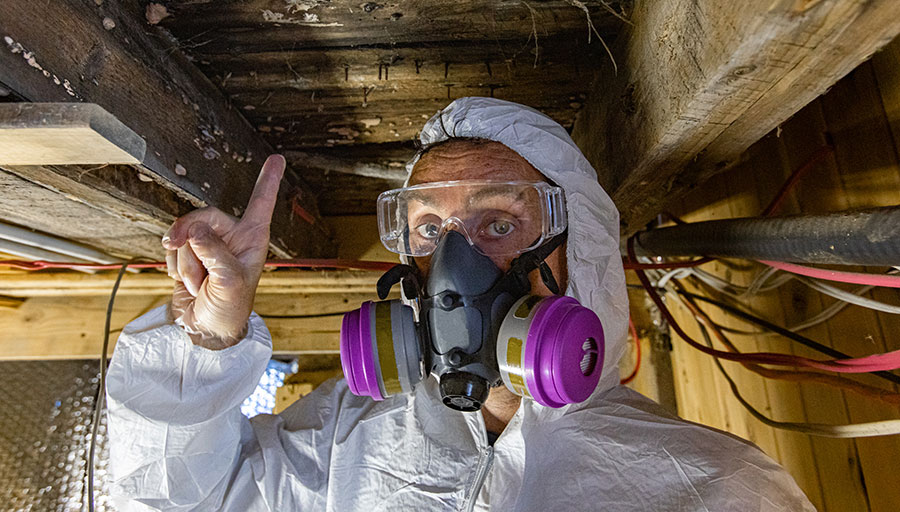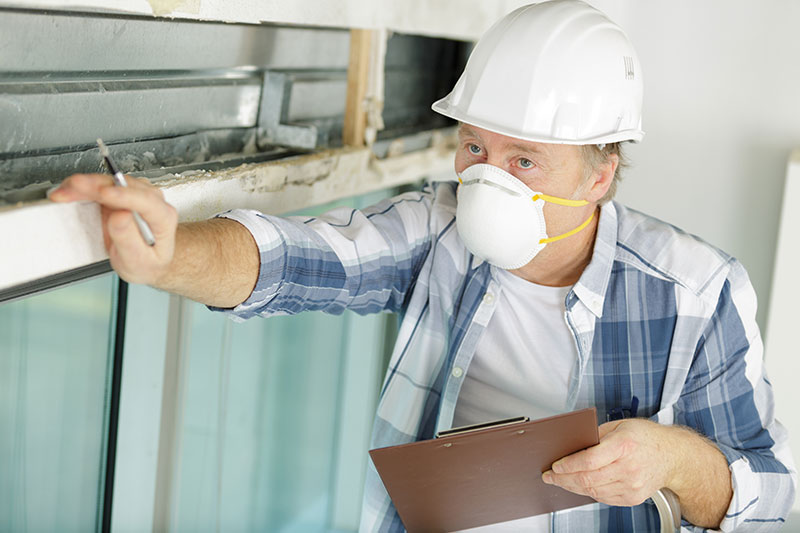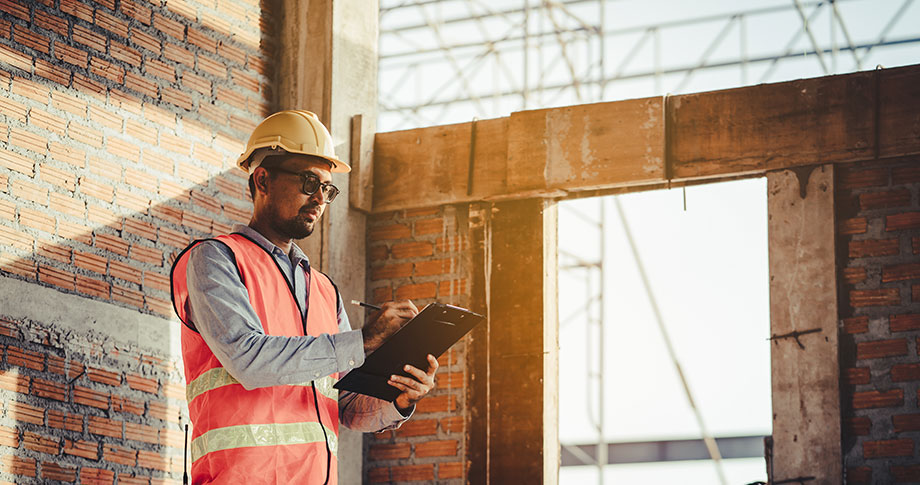Mold Testing in San Diego
We offer you best mold testing in San Diego in terms of quality and pricing. Our mold surveys are conducted by experienced and professional mold inspectors who use state-of-the-art technology to ensure your home or office receives the fastest and most comprehensive mold testing available. All are based on the careful and specialized treatment that you deserve. For more details about Rarefied Air Environmental, check out what our previous clients are saying about the service they’ve received.
Get mold testing today!

What is mold testing?
Broadly speaking, most mold testing involves taking a sample of either the air or a surface. Essentially, a mold inspector “tests” the air or surface to find out what kind of mold exists and/or if the mold found is able to grow in the area tested.
Key Types of Mold Testing
About Our Experienced Mold Inspectors
By using direct fungal examination (DFE), microscopic examination of environmental samples is conducted, allowing for the direct visualization of fungal structures. Unlike other sampling techniques, DFE bypasses the time-consuming culture-based methods and offers real-time insights and immediate identification.
Our expert mold technicians can assess whether mold has been removed properly and re-test environmental levels to make sure mold is no longer posing a risk to your health. We can even work with your mold remediation team to create a plan for mold removal.


How much does mold testing cost in San Diego?
The cost of mold testing can vary significantly throughout the United States, with the average range generally costing between $400 and $1,500. In San Diego, however, mold testing costs tend to be more affordable. Many mold testing companies charge between $395 and $1,000 depending upon factors, like size of the area, type of mold test number of samples, etc.
Factors affecting the cost of mold testing in San Diego?
The cost of mold testing can vary significantly across the United States, with an average range between $500 and $1,000 per unit. However, in San Diego and Southern California, mold testing can be more affordable. It depends on a number of factors, such as:
- Size of the area: Larger spaces require more samples, increasing costs.
- Type of testing: Different testing methods (air, surface, bulk) have varying prices.
- Number of samples: More samples mean higher costs for collection and analysis.
- Complexity of analysis: Detailed analysis for specific mold types can be more expensive.
- Urgency: Expedited results may incur additional fees.
- Professional Expertise: Highly-qualified and experienced professionals may charge a bit more for their expertise.
- Reporting: Some mold testing companies may charge an additional fee for depending on the level of detail in the report.
- Post-remediation testing: Follow-up testing to ensure mold has been completely removed can add to the overall cost.
-
What is mold testing?
Mold testing involves collecting samples from air or surfaces to detect the presence and type of mold in an environment, helping assess indoor air quality and health risks.
-
Why is mold testing important?
Mold testing is important in order to identify mold types and concentrations to address health concerns, prevent property damage, and ensure a healthy living or working environment.
-
How is mold testing done?
The three most popular methods of mold testing can be performed through air sampling, surface swabbing or tape lifting, and bulk material sampling, each identifying mold presence and type.
-
Can I test for mold myself?
Yes, DIY mold test kits are available, but professional testing is recommended for accurate identification and advice on remediation.
-
How much does mold testing cost?
Costs vary depending on the testing method, size of the area, number of samples, and location. Prices for mold testing in San Diego can range from a few hundred to over a thousand dollars.
-
How long does it take to get mold test results?
Results can take anywhere from 24 hours to a few days, depending on the complexity of the analysis and the testing company.
-
What types of mold can testing identify?
Mold testing can identify various mold types, including but not limited to Aspergillus, Penicillium, Cladosporium, and Stachybotrys (black mold)
-
Is mold testing necessary if I can already see mold?
Testing can still be valuable to determine the mold type and the effectiveness of remediation efforts, even if visible mold is present.
-
What should I do if the test finds mold?
If mold is found, it’s recommended to consult with a mold remediation expert to discuss the next steps for removal and preventing future growth.
-
Can mold testing prevent health issues?
While testing itself doesn’t prevent health issues, identifying and addressing mold growth can reduce exposure to harmful spores and associated health risks.
